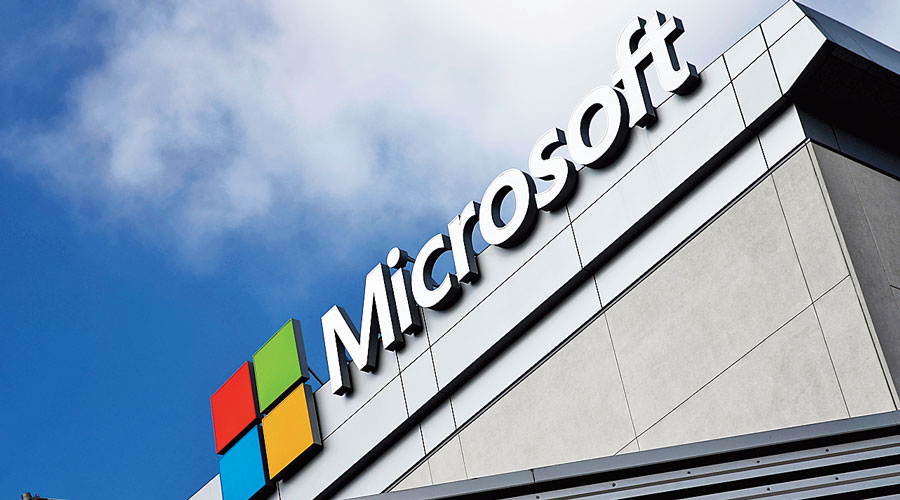Britain will block Microsoft's $69 billion acquisition of “Call of Duty” maker Activision Blizzard over its concerns it would hinder competition in cloud gaming, dealing an unexpected blow to the biggest-ever deal in gaming.
The country's antitrust regulator said on Wednesday that Microsoft's commitment to offer access to Activision's multi-billion dollar “Call of Duty” franchise to leading cloud gaming platforms would not effectively remedy its concerns.
Microsoft said in a statement it remained fully committed to the acquisition and would appeal the decision, while Activision said it would “work aggressively” with Microsoft to reverse it.
"We will reassess our growth plans for the UK,” Activision said.“Global innovators large and small will take note that - despite all its rhetoric - the UK is clearly closed for business.”
Activision's shares were down more than 10 per cent in US pre-market trade.
The surprise ruling comes after the Competition and Markets Authority (CMA) last month dropped its concerns about the impact of the deal on the console market led by Sony's market-leading PlayStation.
That left cloud streaming services as the remaining hurdle, which Microsoft sought to overcome by signing licensing deals with the owners of streaming platforms including Valve Corp, Nvidia and Boosteroid.
Microsoft had already offered Sony - a vocal opponent of the deal - a 10-year “Call of Duty” licence, in line with an agreement to bring the multi-billion dollar franchise to Nintendo's Switch.
Europe will decide on the deal by May 22. The United State's Federal Trade Commission is also seeking to block it.











